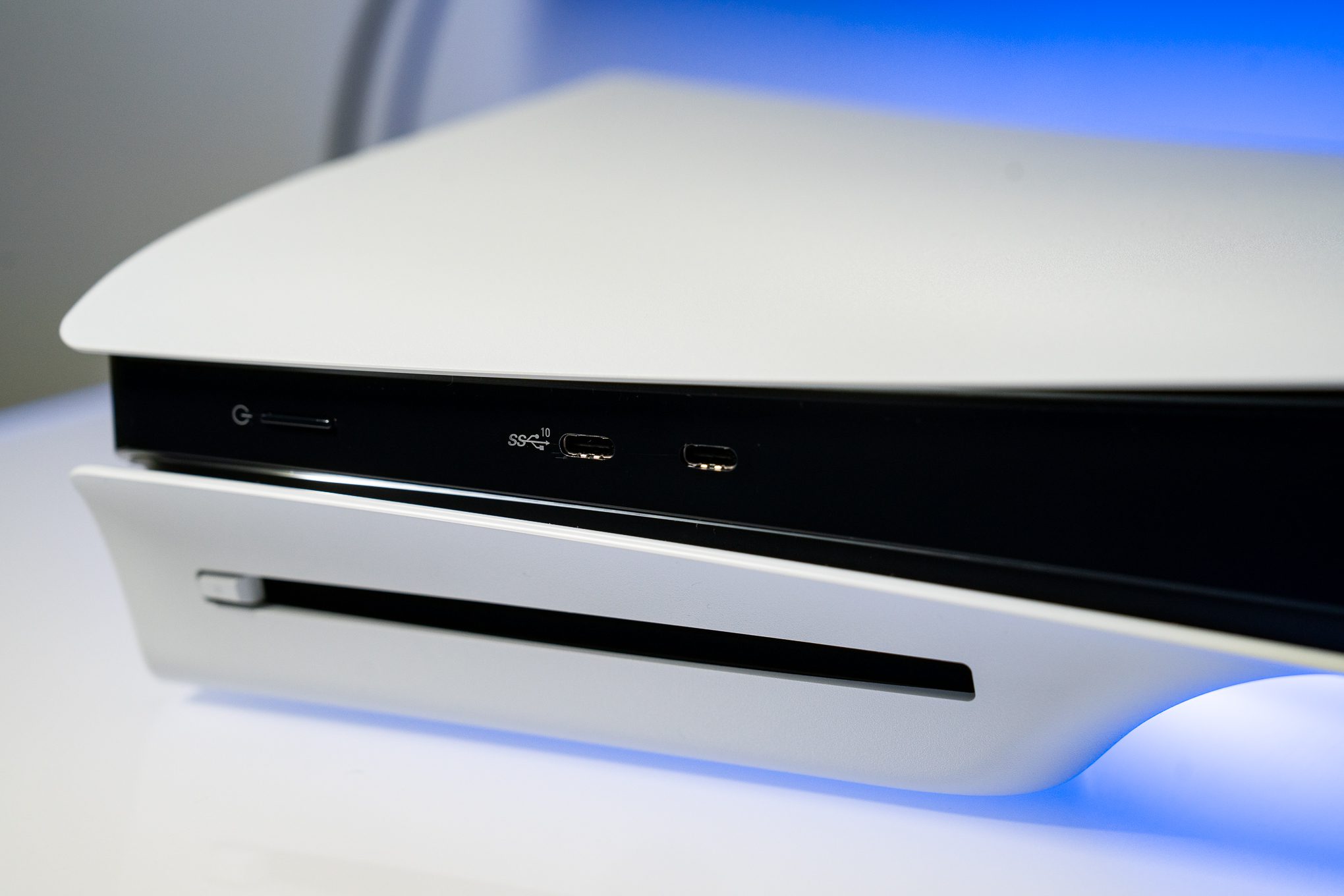
gm will ditch apple carplay and android General Motors (GM) has announced plans to eliminate support for Apple CarPlay and Android Auto across all new vehicles, including both gas-powered and electric models, as part of a significant shift in its technology strategy.
gm will ditch apple carplay and android
Overview of the Announcement
In a recent interview with The Verge’s Nilay Patel, GM CEO Mary Barra confirmed that the automaker will phase out support for popular smartphone projection systems in favor of a new centralized computing platform. This transition is set to begin with the rollout of new vehicles in 2028. The decision to drop these widely used features has raised eyebrows among consumers and industry analysts alike, particularly given the popularity of these systems in enhancing the in-car experience.
Details of the New Centralized Computing Platform
GM’s new computing platform aims to integrate a variety of features and services, moving beyond the traditional smartphone projection systems. According to Barra, the company is developing an updated Android-powered infotainment system that will incorporate a Google Gemini-powered assistant, along with a suite of custom applications. These applications will be developed both in-house and in collaboration with various partners.
This shift marks a significant departure from the current trend in the automotive industry, where many manufacturers are embracing smartphone integration as a way to enhance user experience. By moving away from Apple CarPlay and Android Auto, GM is betting on its own technology to provide a more seamless and integrated experience for drivers and passengers.
Background on Apple CarPlay and Android Auto
Apple CarPlay and Android Auto have become standard features in many modern vehicles, allowing drivers to connect their smartphones to their car’s infotainment system. These platforms enable users to access navigation, music, and communication apps directly from their vehicle’s display, providing a familiar and user-friendly interface. The systems have been praised for their convenience and ease of use, leading to widespread consumer adoption.
GM’s initial decision to drop support for these systems in its electric vehicle (EV) lineup was met with criticism, as many consumers view smartphone integration as a crucial feature. The company’s latest announcement extends this decision to its entire portfolio, including gas-powered vehicles, which may further alienate customers who value these features.
Implications for Consumers
The removal of Apple CarPlay and Android Auto from all new GM vehicles raises several questions regarding consumer choice and the future of in-car technology. Many drivers have come to rely on these systems for their convenience and functionality, and the absence of such features could deter potential buyers.
Consumer Reactions
Initial reactions from consumers have been mixed. Some users express concern that GM’s decision may limit their ability to use familiar applications while driving. Others have voiced skepticism about the effectiveness of GM’s new infotainment system, particularly given the challenges that many automakers have faced in developing user-friendly interfaces.
Additionally, the decision could impact GM’s competitive position in the market. As other manufacturers continue to support smartphone integration, GM may find itself at a disadvantage, particularly among tech-savvy consumers who prioritize connectivity in their vehicles.
GM’s Strategy Moving Forward
Barra emphasized that the decision to phase out smartphone projection systems is part of a broader strategy to modernize GM’s vehicle offerings. The company is focusing on developing a more integrated and cohesive user experience, which it believes will ultimately benefit consumers.
During the interview, Barra stated, “A lot of it depends on when you do an update to that vehicle. When you look at the fact that we have over 40 models across our portfolio, you don’t just do this and they all update.” This indicates that the transition will be gradual, with updates rolling out as new models are launched.
Focus on Electric Vehicles
GM’s decision to prioritize its electric vehicle lineup during this transition is noteworthy. The company has made significant investments in EV technology and infrastructure, and the new computing platform is expected to play a crucial role in enhancing the capabilities of these vehicles. By focusing on EVs first, GM aims to position itself as a leader in the rapidly evolving electric vehicle market.
Challenges Ahead
While GM’s ambitious plans may hold promise, they are not without challenges. The automotive industry is undergoing a significant transformation, with increasing competition from both traditional manufacturers and new entrants. As companies race to develop cutting-edge technology, the pressure to deliver a seamless and user-friendly experience is greater than ever.
Moreover, GM will need to ensure that its new infotainment system meets consumer expectations. The success of this initiative will depend on the quality of the software, the range of available applications, and the overall user experience. Any shortcomings in these areas could lead to dissatisfaction among consumers and impact GM’s reputation in the market.
Stakeholder Reactions
Industry analysts and stakeholders have expressed a range of opinions regarding GM’s decision. Some view the move as a bold step toward innovation, while others caution that it may alienate a significant portion of the customer base. Analysts have noted that the automotive landscape is increasingly driven by technology, and companies that fail to adapt risk falling behind.
Furthermore, the decision to drop support for established systems like Apple CarPlay and Android Auto may also prompt discussions about the role of technology in the automotive industry. As consumers become more accustomed to advanced connectivity features, manufacturers will need to find ways to meet these evolving expectations.
Conclusion
GM’s decision to eliminate Apple CarPlay and Android Auto from all new vehicles marks a significant shift in the company’s approach to in-car technology. As the automaker prepares to roll out its new centralized computing platform, the implications for consumers, stakeholders, and the broader automotive industry remain to be seen. While the move may signal a commitment to innovation, it also raises questions about consumer preferences and the future of connectivity in vehicles.
As GM navigates this transition, it will be crucial for the company to balance its ambitions with the needs and expectations of its customers. The success of its new infotainment system will ultimately determine whether this bold strategy pays off or results in lost market share to competitors who continue to embrace smartphone integration.
Source: Original report
Was this helpful?
Last Modified: October 22, 2025 at 10:40 pm
2 views















